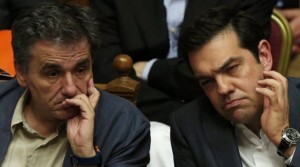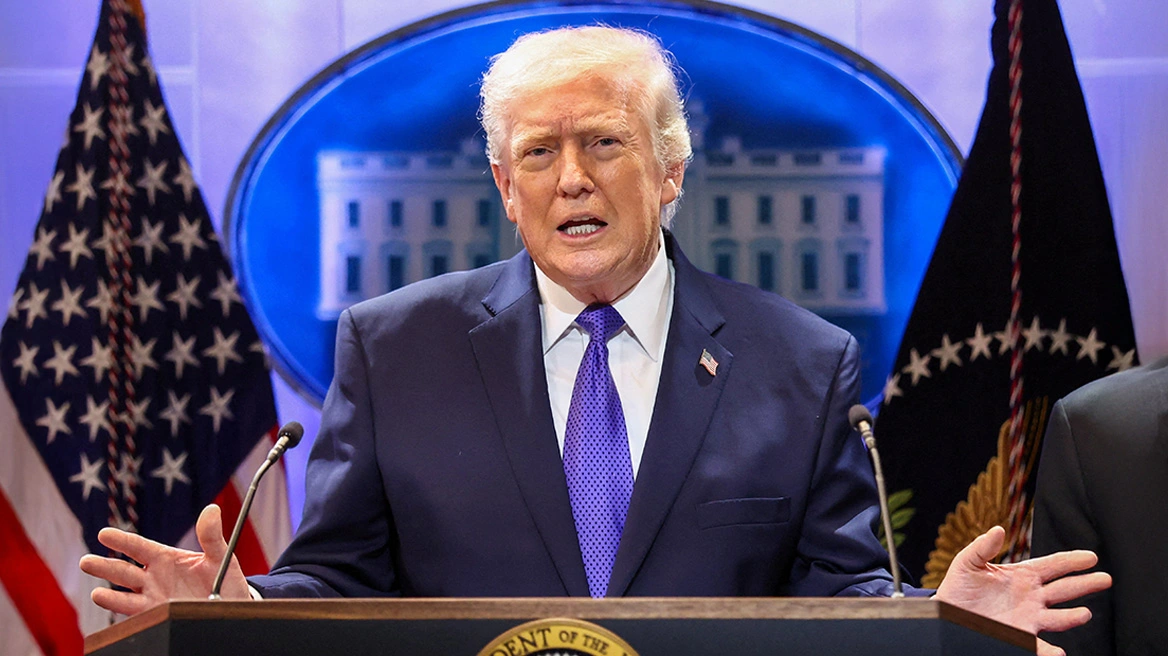The Greek government has found itself in an extremely difficult position, following the tough stance adopted by the EuroGroup on January 26, which demanded the Greek government legislate an additional package of austerity measures beyond 2018 when the current program expires. The positions put forward by Greek Finance Minister Euclid Tsakalotos for the sustainability of the current fiscal program, which included either a 3.5% GDP surplus target over a 3 year period, or a 3% target for 5 years, were squarely rejected by the institutions. Despite hopes by the Greek side that the European Commission would back its positions and seek a political compromise, it also lined up with the other European institutions calling for the adoption of preventive measures -pension and wage cuts, a rise in the medium VAT coefficient rate, cuts in free tax threshold- to ensure the fiscal targets were not derailed. The complete impasse has given rise rapid political developments, including a recourse to snap elections.
Greece’s European creditors made it clear that the presence of the IMF in the program was a necessity, despite their disagreement with the Fund’s position for a generous debt relief. Athens hopes that the IMF’s non-negotiable stance on the debt relief will pressure the European institutions to finally concede a large debt relief, a prospect, however, that seems unlikely, while even if it did come to pass it would not solve the Greek problem. The Greek government can play for time and wait for the European governments to yield in light of the pressure caused by the “Trump phenomenon” and the rise of reactionary and populist movements across the continent. Another option is for Athens to play the early elections card, posing the dilemma to the electorate of either caving in to the unreasonable demands by the creditors or rejecting them, essentially choosing an escape route and passing on the “hot potato” to the next government. Some pundits believe the government’s total capitulation to the demands of the lenders is most likely scenario, given the reluctance of the SYRIZA leadership to hold elections.
Ask me anything
Explore related questions





